From October 30th to November 10th, KUST held the First Fine Traditional Chinese Culture Week at Hongtu Hall, where participants experienced the charm of traditional Chinese culture through the melodious sound of the Chinese Guqin, exquisite calligraphy, and fragrant tea etc. Pan Bo, Vice President of KUST, attended the opening ceremony and unveiled the Traditional Chinese Culture Inheritance Base.
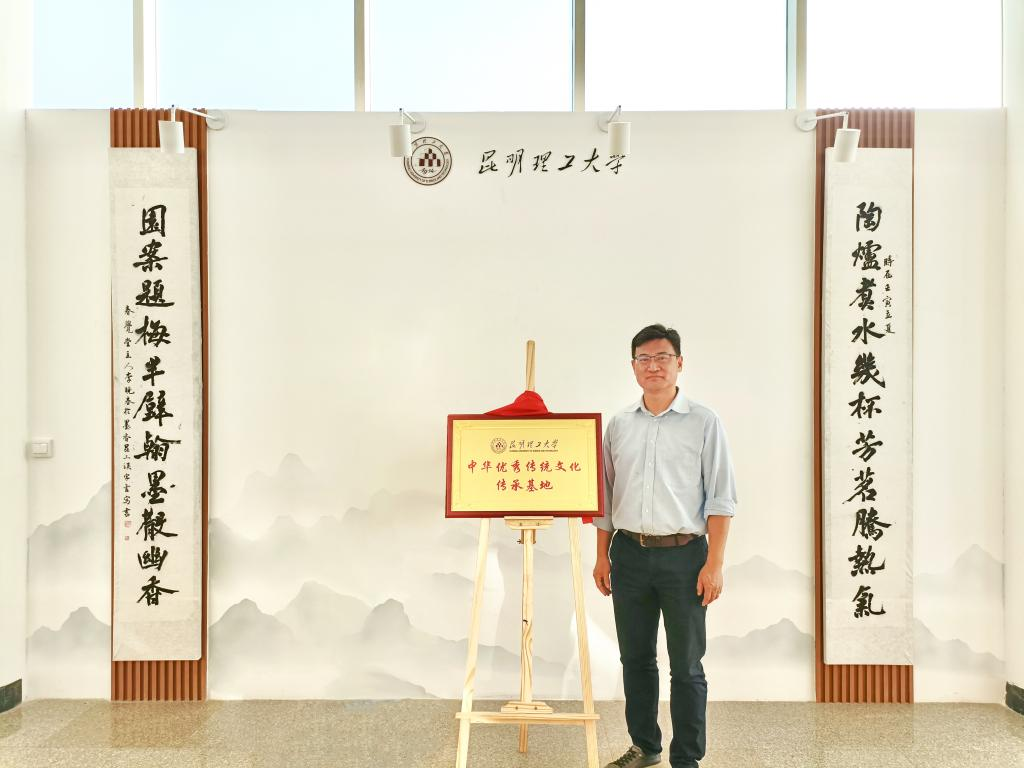
Pan Bo emphasized that we should strive to understand the spirit of the statement: “To uphold and develop Marxism, we must integrate it with China’s fine traditional culture” in the Report to the 20th National Congress of the Communist Party of China. He said we need to constantly tap the resources of fine traditional Chinese culture to cultivate socialist core values, build up cultural confidence, and raise cultural consciousness.
Pan Bo laid out specific requirements for the future work of the Traditional Chinese Culture Inheritance Base of KUST. Firstly, it is required to integrate fine traditional Chinese culture education into the whole process of talent cultivation, set up a more well-designed cultural quality education system, and coordinately carry out multi-level and diversified activities to improve students’ aesthetic sense, cultural taste, and humanistic literacy.
Secondly, based on the discipline advantages of KUST, the “new characteristics” of the fine traditional Chinese culture in educating people, and the main channel role of classroom teaching, we can incorporate fine traditional Chinese culture education into professional and general education, enrich the curricular system of traditional culture education, and tap the resources of cultural education for various curriculum.
Thirdly, uphold the unity of knowledge and practice. On one hand, it is encouraged to create new media for promoting fine traditional Chinese culture and expand the existing media such as competitions, lectures, practices, performances, etc., so as to promote the inheritance of classics in a more multi-dimensional and all-pervasive manner; on the other hand, it is suggested to expand the platforms of extracurricular cultural practice, guiding students to enter society and go into the grass-roots to feel the charm of fine traditional Chinese culture in practice.
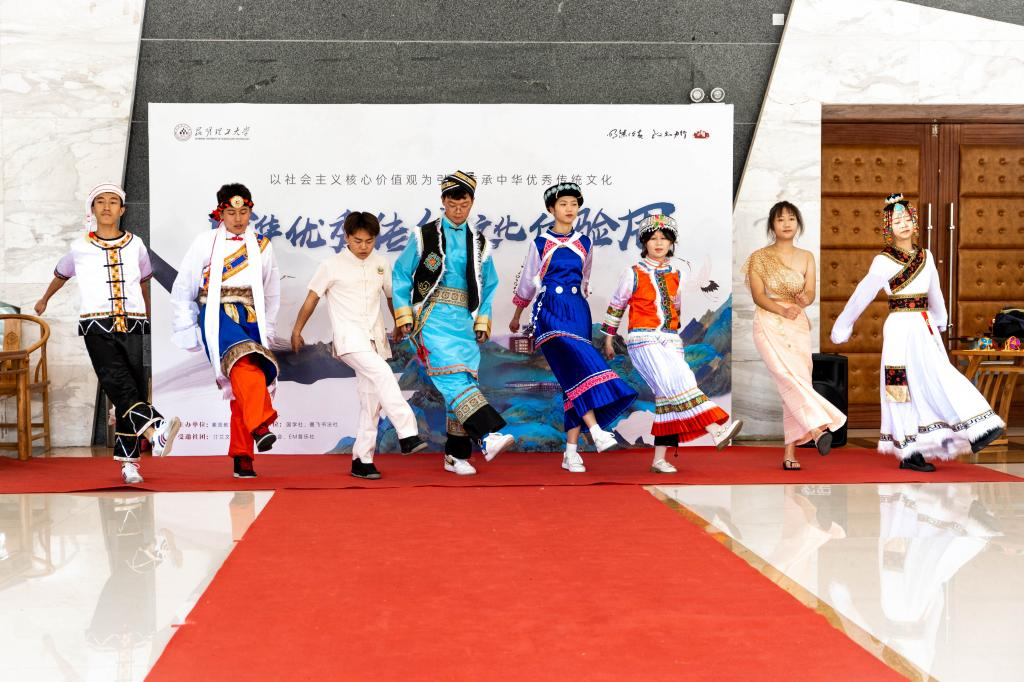
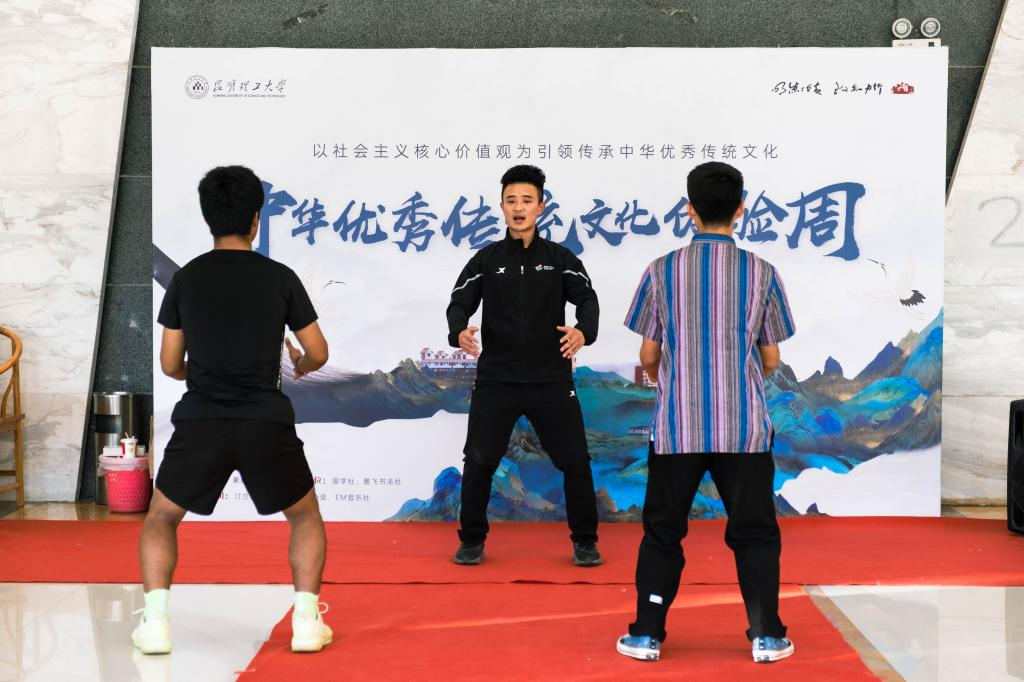
This event was organized by the Humanistic Education Center. It aimed at manifesting the underlying philosophy, humanistic spirit, values, and morals of the fine Chinese traditional culture in a lively way, and guiding students to uphold, disseminate, and practise the core socialist values. It covers a wide range of experiential activities such as martial arts, embroidery, wearing Han costume, calligraphy, the art of tea, the Chinese Guqin, and traditional ethnic arts. A number of inheritors of traditional culture, artists, and martial arts masters were invited to perform at the event, presenting a wonderful cultural feast. More than a thousand teachers and students participated in the event, enjoying the extensive and profound traditional Chinese culture.
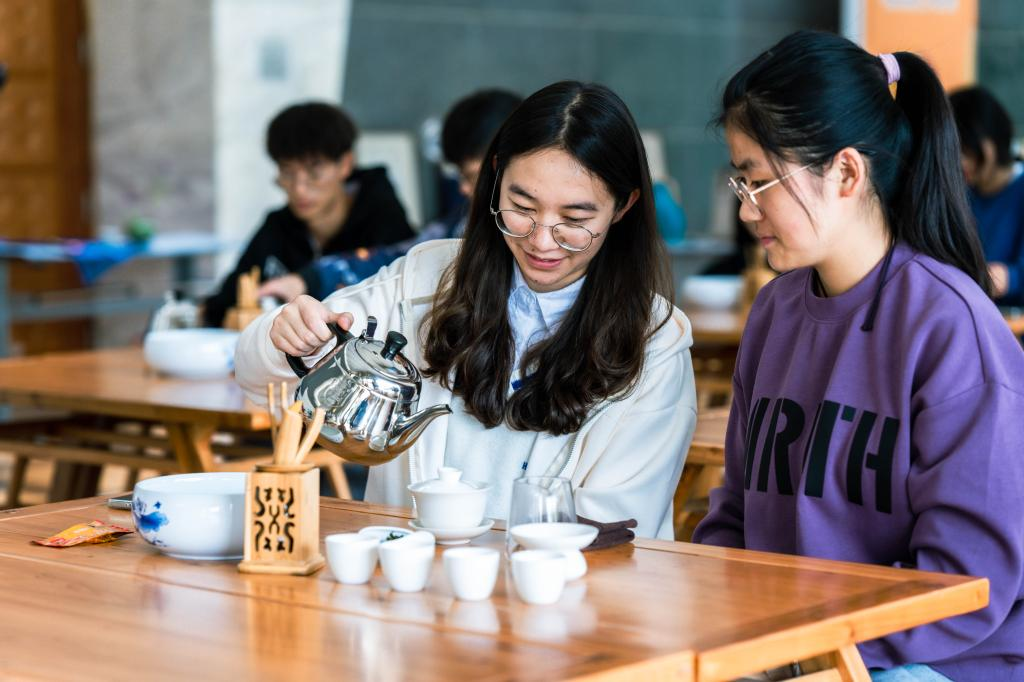
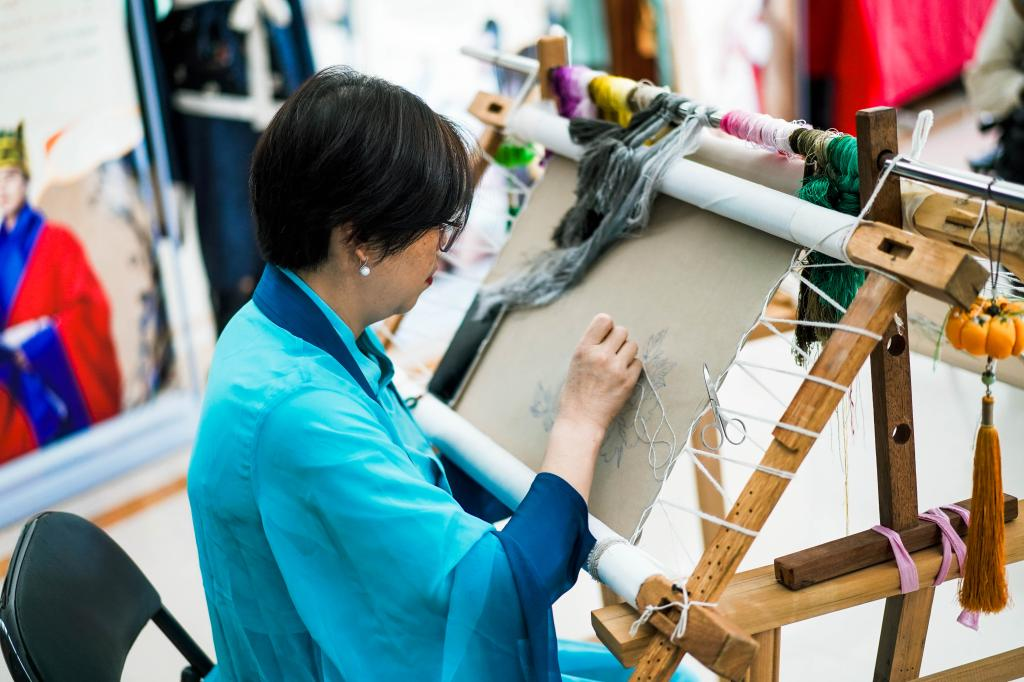
Translated by: ZHANG Xiao, Faculty of Foreign Languages and Cultures
Edited by: MA Lifei, Faculty of Foreign Languages and Cultures (English)
Source: Humanistic Education Center of KUST
Edited by: KUST News Center (Chinese)